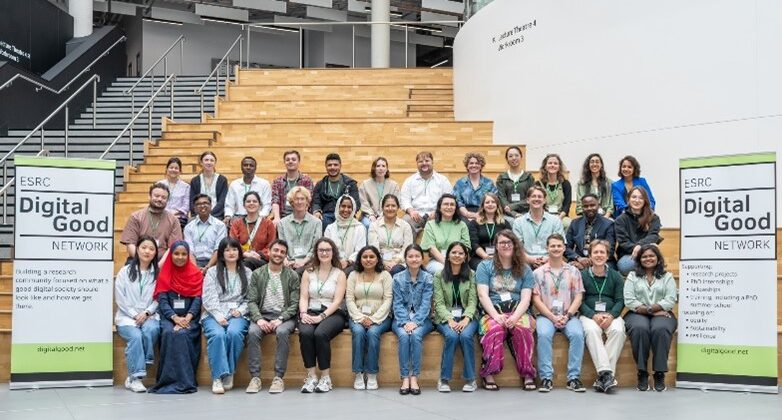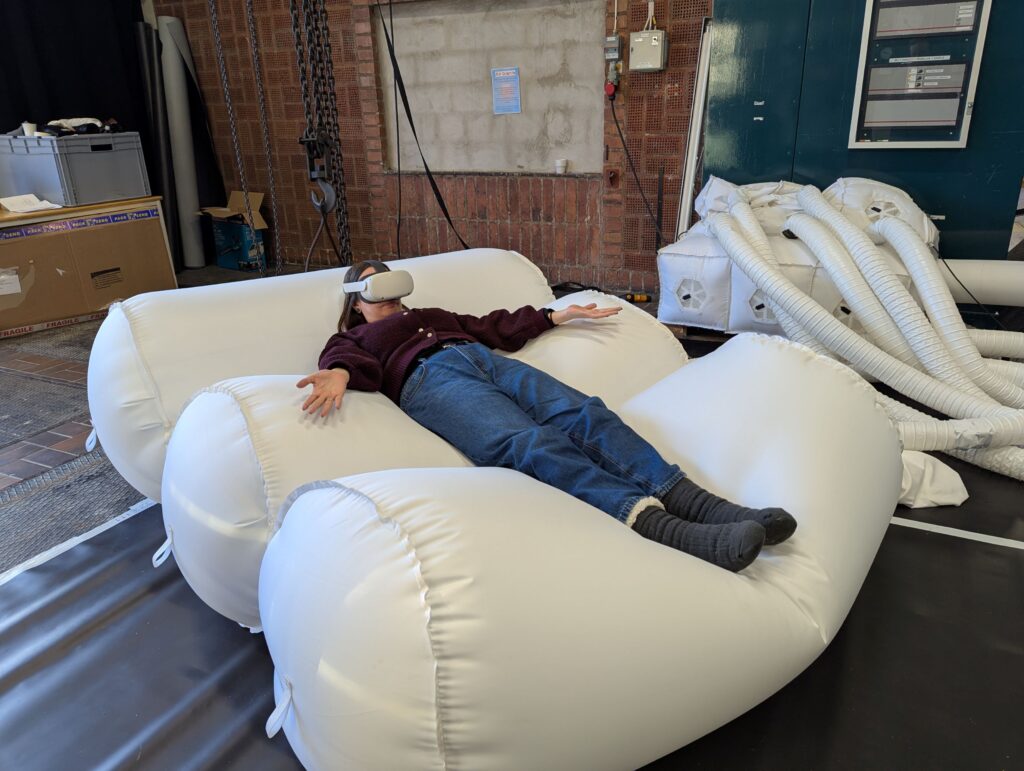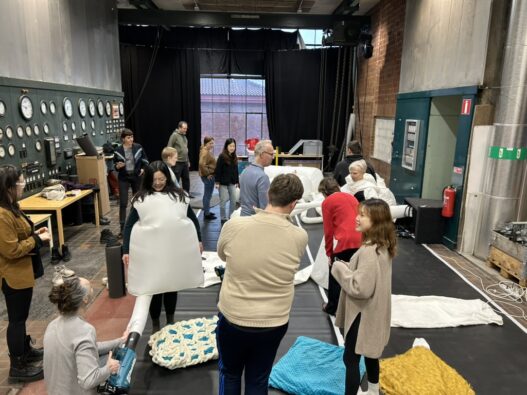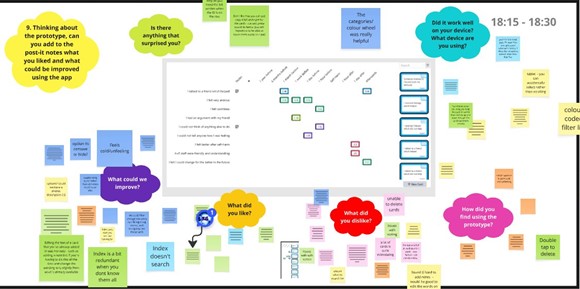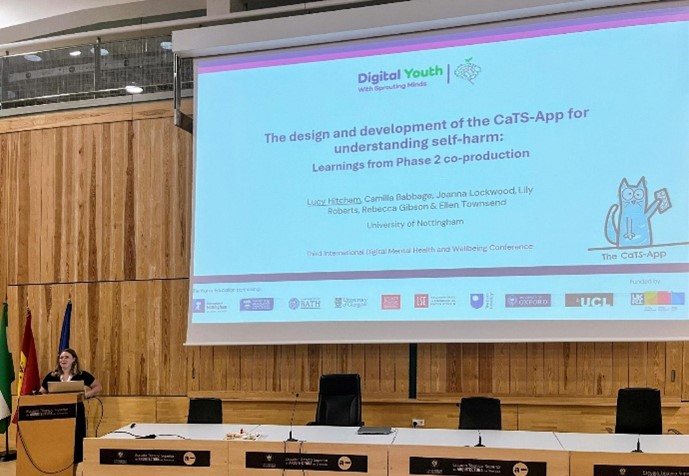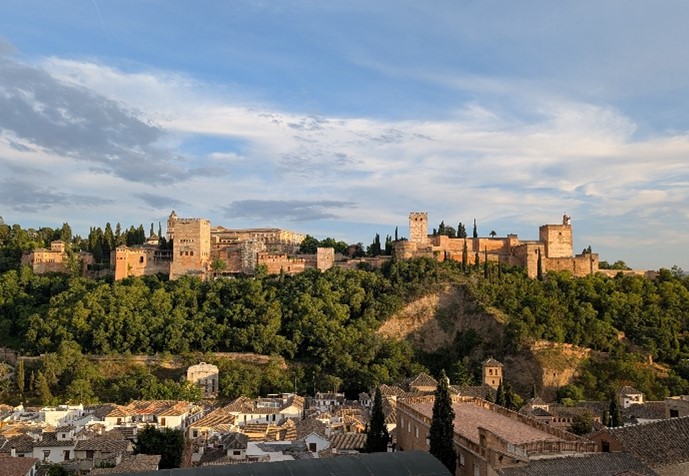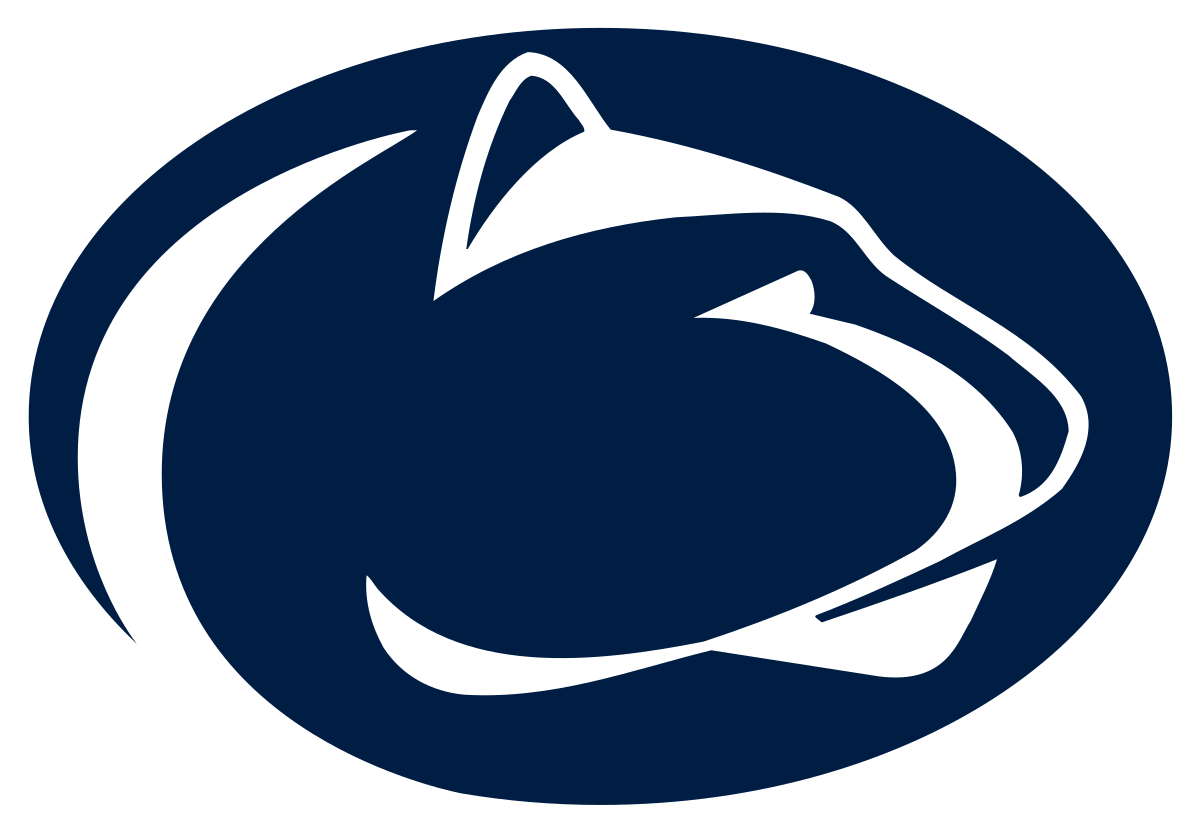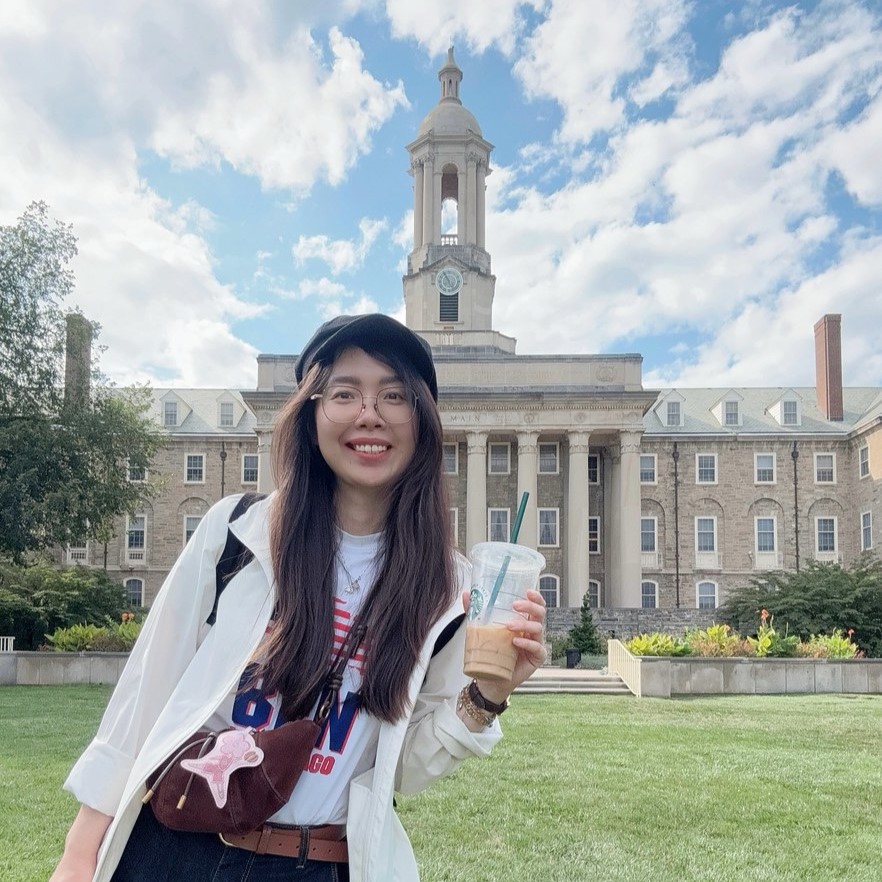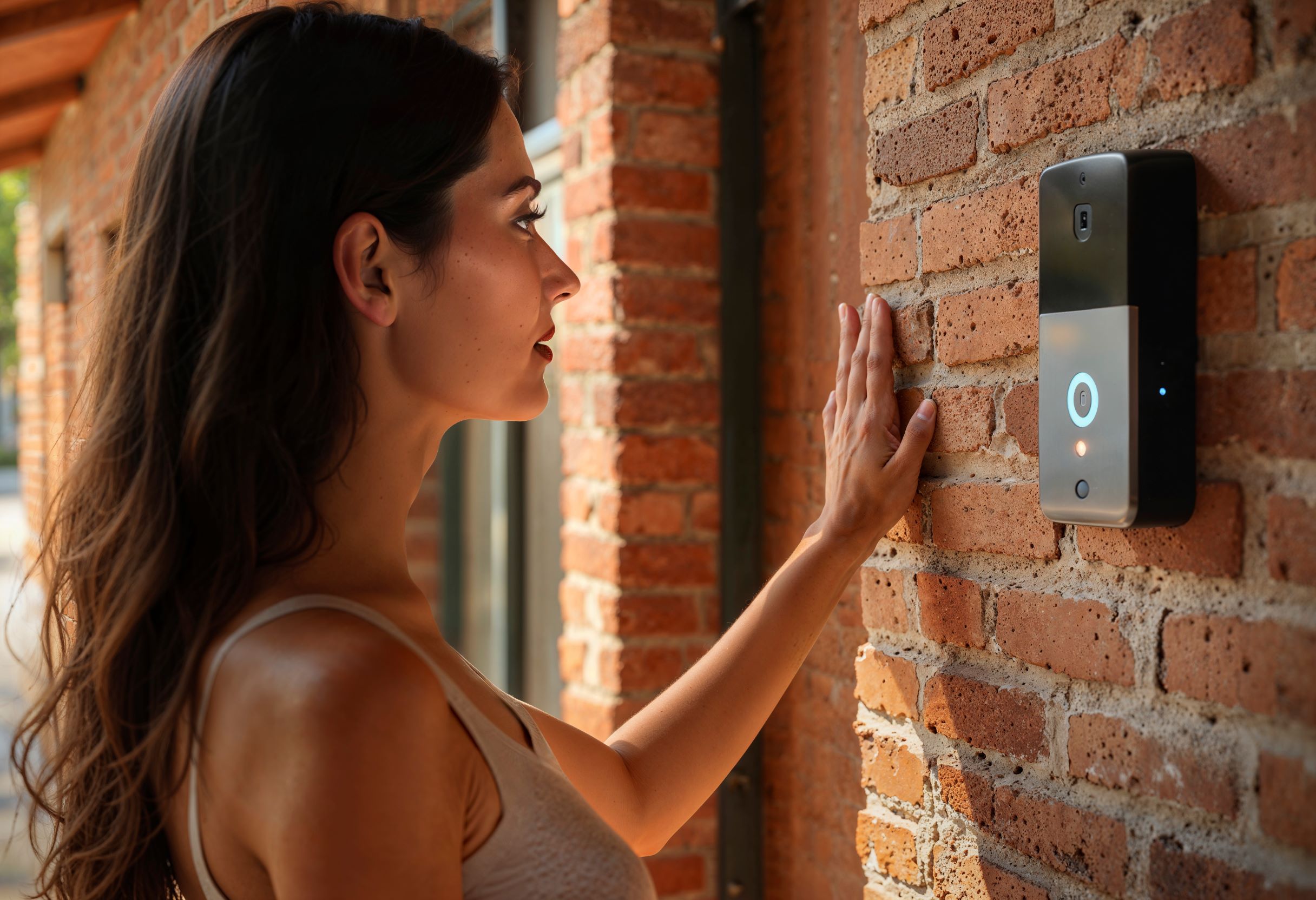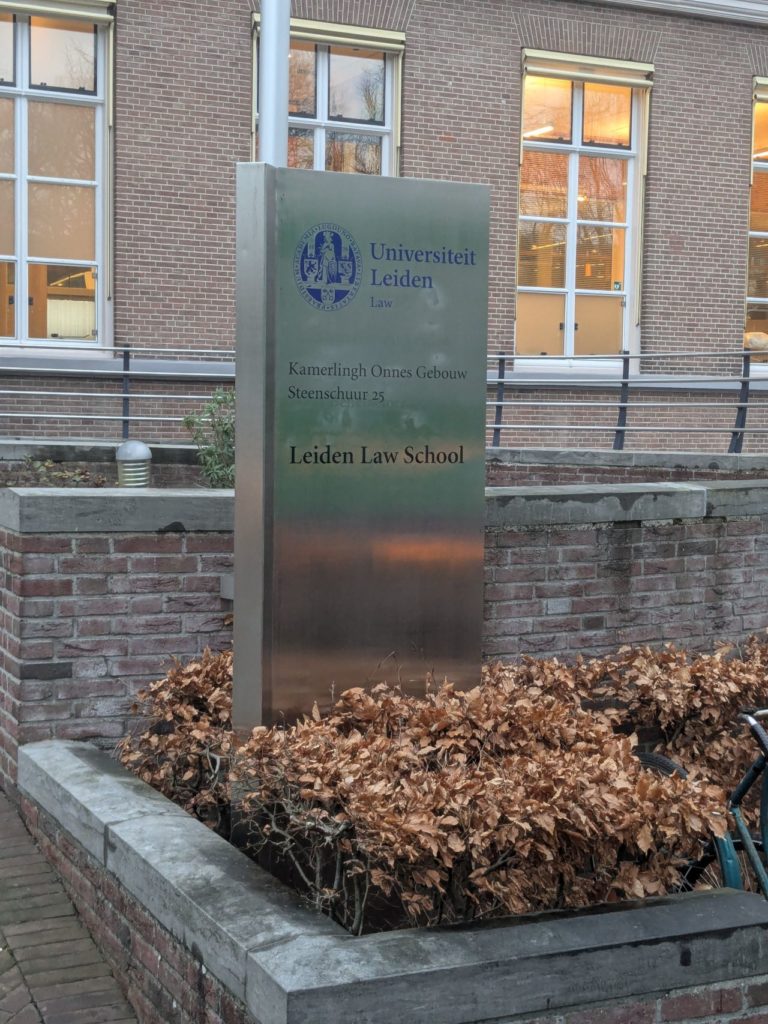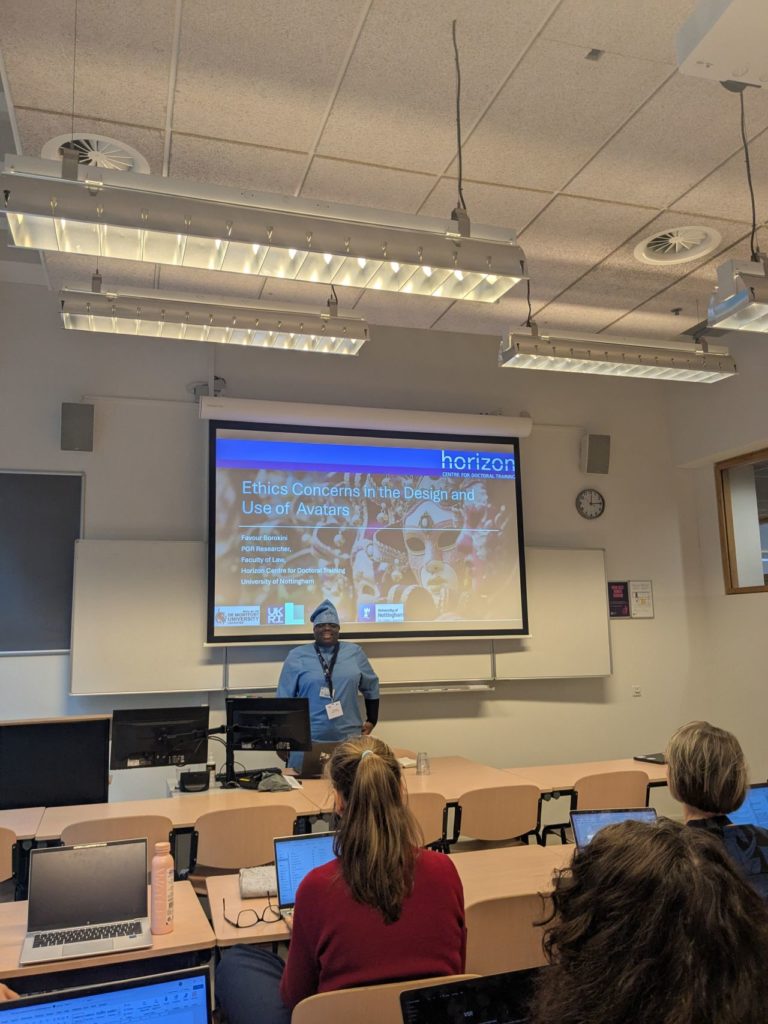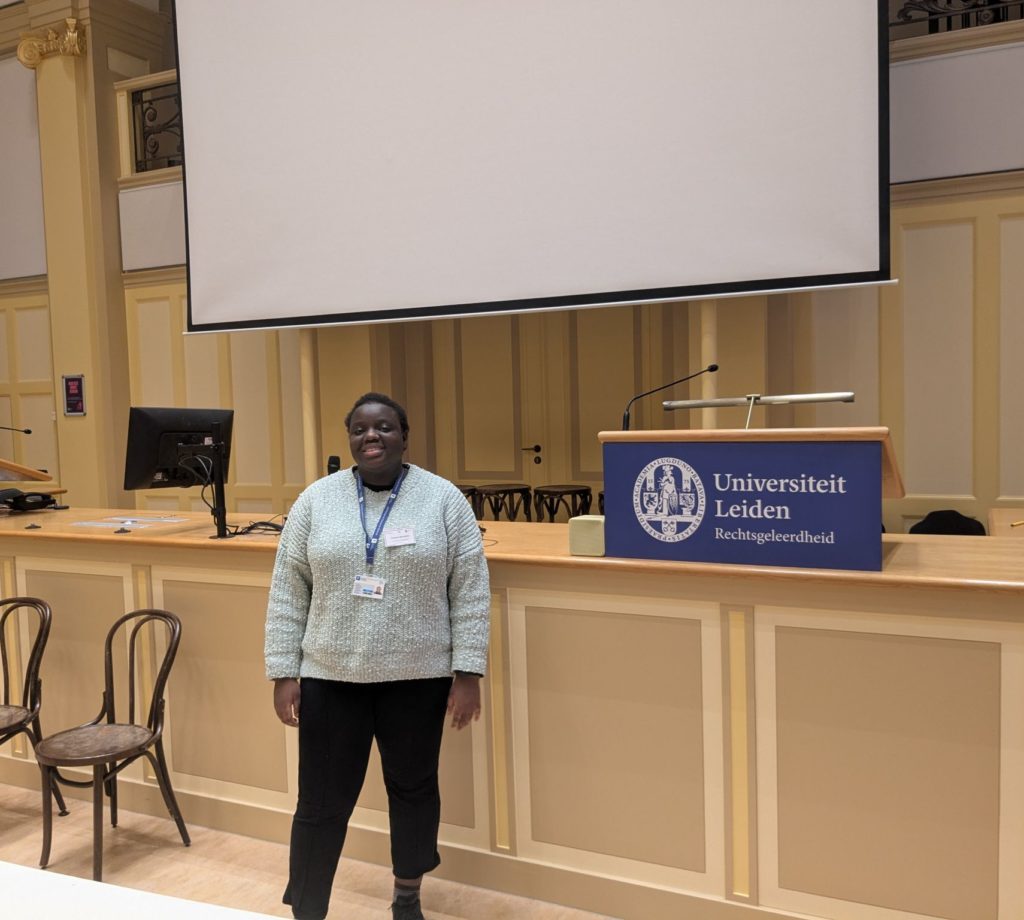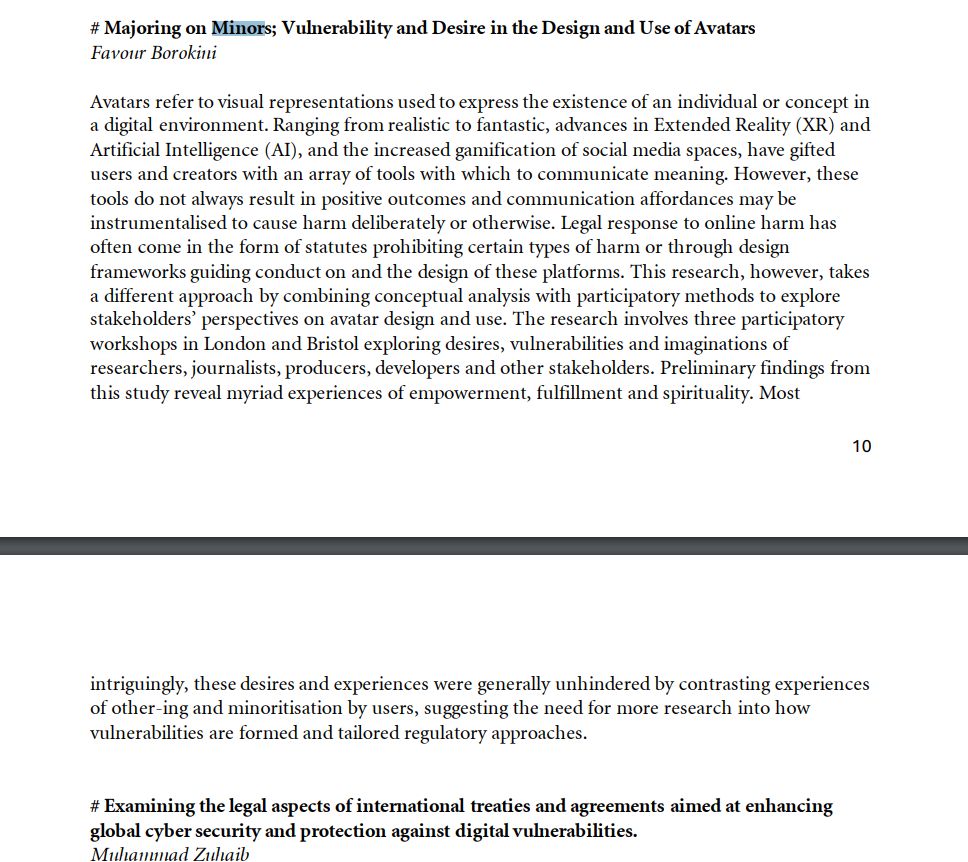post by James Williams (2020 cohort)
Bridging academic research with practical industry applications in place-based walking systems
Introduction
The Leisure Walking Systems Working Group (LWSWG) impact project represents a significant milestone in bridging academic research with practical industry applications in the domain of place-based walking systems. Over a three-month period funded by the Horizon CDT Impact Grant, this project has successfully delivered comprehensive resources that advance our understanding of how improved place representation can enhance leisure walking systems. This reflection examines the project’s achievements, challenges encountered, lessons learned, and the broader implications for the field.
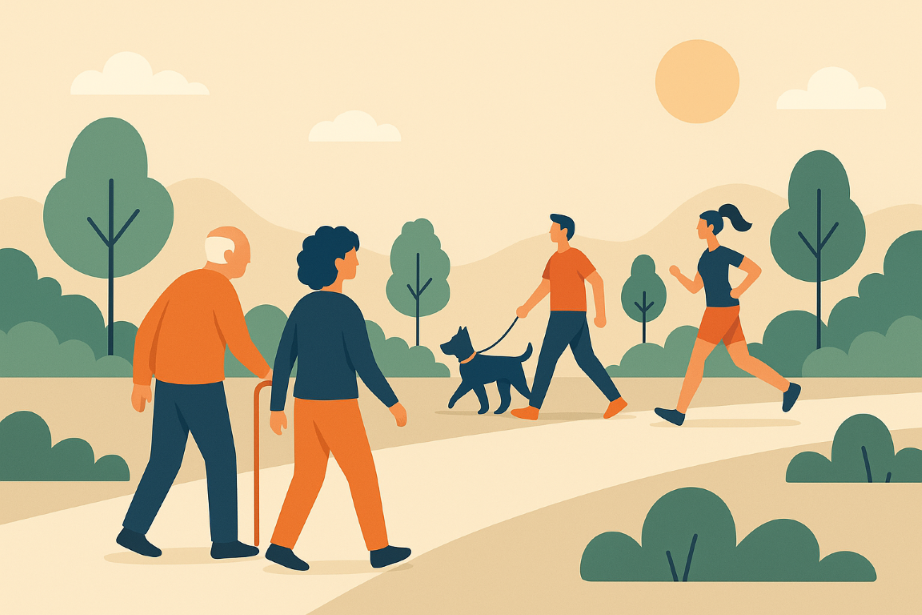
For those interested in exploring the comprehensive resources developed through this project, the complete documentation, implementation guides, and demonstrator systems are available at lwswg.jwilliams.science. This digital platform serves as the central hub for accessing all project outputs and ongoing community engagement.
Project Overview and Objectives
The LWSWG impact project was conceived with the ambitious goal of creating a comprehensive knowledge resource that would serve both academic researchers and industry practitioners working on leisure walking systems. The project aimed to address a critical gap in the field: the lack of integrated, accessible resources that combine theoretical foundations with practical implementation guidance for place-based walking systems.
The three-month timeline, whilst ambitious, was strategically designed to create momentum and deliver tangible outputs that could immediately benefit the community. The project was structured around four key deliverables: benefits and market differentiators analysis, digital presence development, demonstrator system creation, and comprehensive technical reporting. This structured approach ensured that each deliverable built upon previous work whilst maintaining focus on practical applicability and industry relevance. The compressed timeline necessitated careful resource allocation and prioritisation, requiring the team to balance breadth of coverage with depth of analysis across multiple research domains.
Key Achievements and Impact
Comprehensive Knowledge Integration
One of the most significant achievements of this project has been the successful integration of research findings across multiple domains. The documentation spans eight distinct research areas, from recommendation systems and geospatial integration to user experience design and accessibility guidelines. This integration represents a departure from traditional academic silos, demonstrating how different aspects of walking systems can work together cohesively. The interdisciplinary approach required careful synthesis of methodologies, terminologies, and best practices from each domain, creating a unified framework that maintains the rigour of individual disciplines whilst enabling practical application. This achievement addresses a critical gap in the field where research findings often remain isolated within disciplinary boundaries, limiting their practical applicability and broader impact.
The creation of over 25 technical documentation pages provides a substantial knowledge base that addresses both theoretical foundations and practical implementation challenges. This breadth of coverage ensures that practitioners can find relevant guidance regardless of their specific focus area within walking systems development. Each documentation page was carefully crafted to balance depth of technical detail with accessibility, ensuring that both academic researchers and industry practitioners could engage meaningfully with the content. The cross-referenced structure allows users to navigate between related concepts whilst maintaining focus on their specific areas of interest. This comprehensive approach transforms isolated research findings into a cohesive knowledge ecosystem that supports both learning and practical application.
Industry-Ready Resource Development
The project’s emphasis on creating industry-ready resources represents a significant contribution to the field. Rather than producing purely academic outputs, the LWSWG has developed practical tools including implementation guides, evaluation frameworks, and technical specifications that support immediate application in real-world projects. These resources were developed through extensive consultation with industry partners and practitioners, ensuring that they address genuine challenges faced in the development and deployment of leisure walking systems. The practical focus extends beyond documentation to include working examples, code templates, and assessment tools that can be directly integrated into existing development workflows. This industry-oriented approach represents a significant departure from traditional academic outputs, creating resources that bridge the gap between research and practice.
This industry focus is particularly evident in the benefits and market differentiators analysis, which identifies competitive advantages for organisations implementing improved place representation in their walking systems. By translating academic research into business value propositions, the project has created a bridge between research and commercial application.
The development of a comprehensive website and digital platform represents a strategic investment in long-term knowledge sharing. The website serves not only as a repository for current findings but also as a foundation for ongoing collaboration and community building. This digital presence ensures that the project’s outputs remain accessible and can continue to evolve beyond the initial impact grant period.
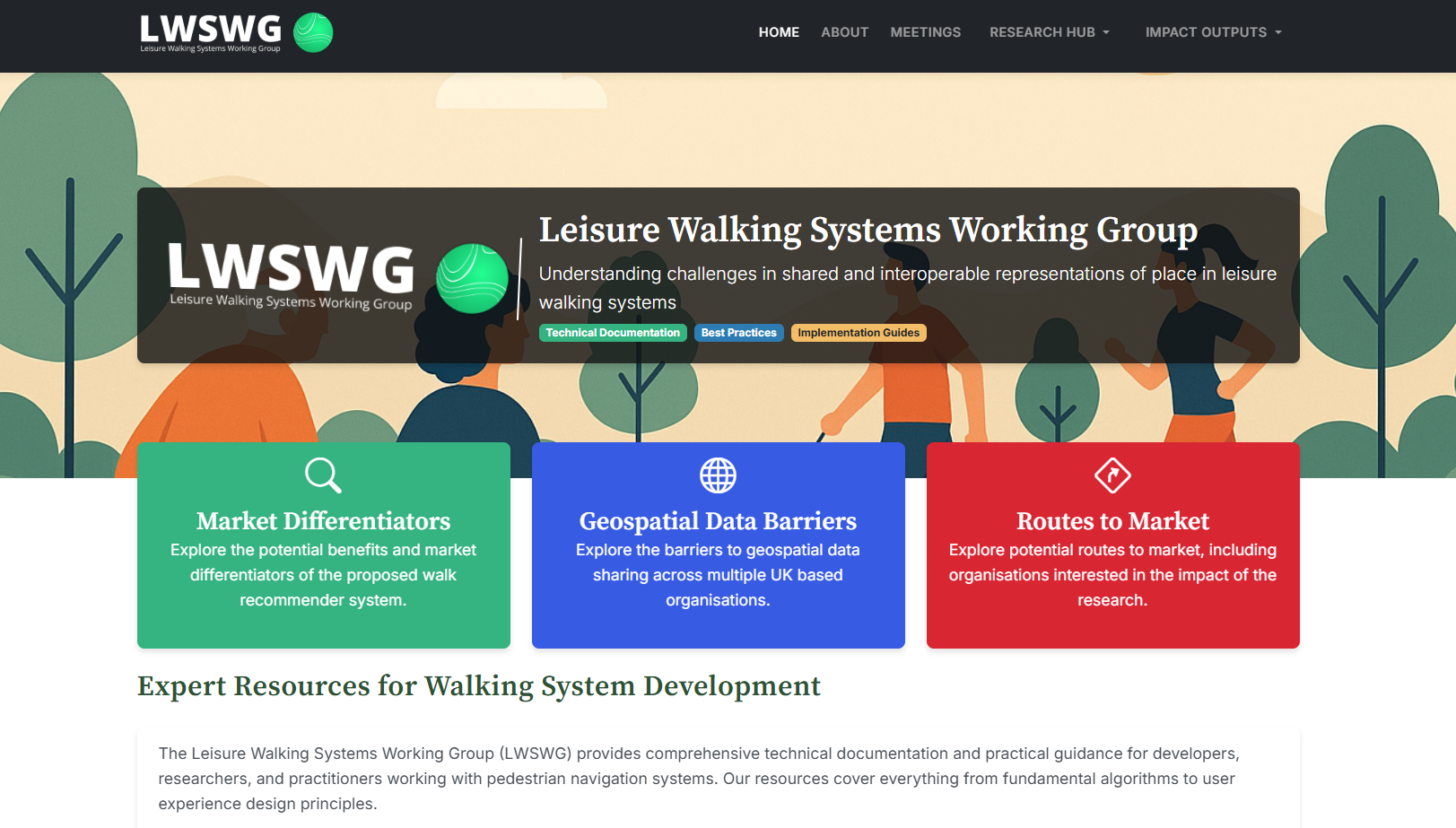
The website’s structure, with its mega-menu navigation and organised content hierarchy, demonstrates careful consideration of user experience and accessibility. This attention to usability ensures that the resources can be effectively utilised by diverse audiences with varying levels of technical expertise.
Demonstrator Framework
The creation of an integrated documentation framework as a demonstrator system represents an innovative approach to showcasing practical implementation. Rather than developing a single software prototype, the project demonstrates how multiple approaches can work together effectively through comprehensive documentation and cross-referenced resources.
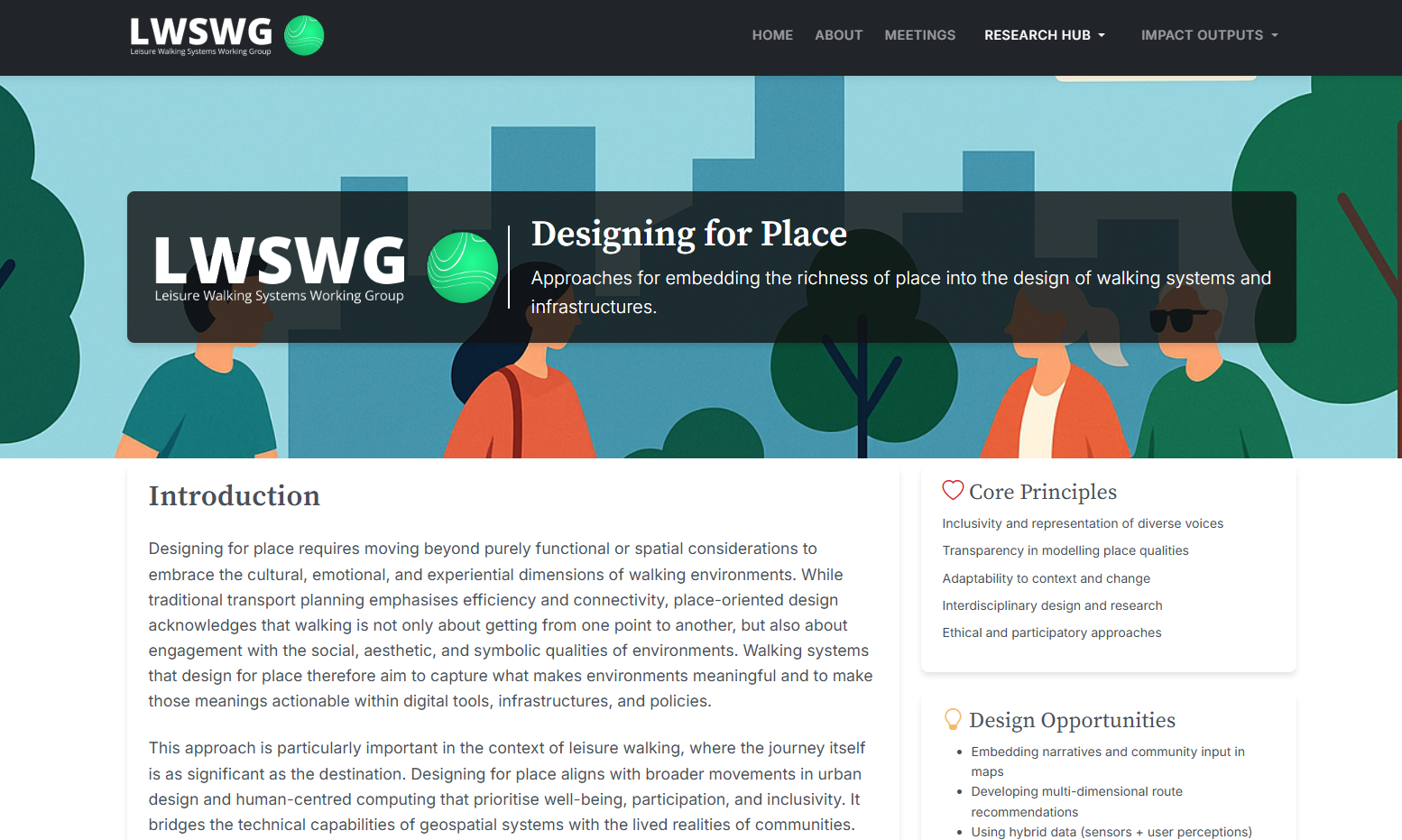
This approach has several advantages: it remains accessible to a broad audience, it can be easily updated and maintained, and it provides multiple entry points for different types of users. The demonstrator effectively shows how recommendation systems, place representation frameworks, and user experience design principles can be integrated in practice.
Challenges and Lessons Learned
Timeline Constraints
The three-month timeline, whilst creating valuable momentum, presented significant challenges in achieving comprehensive coverage across all research areas. This constraint required careful prioritisation and strategic decision-making about which areas to focus on most intensively. Whilst the project successfully delivered substantial outputs, there were inevitably areas where deeper exploration would have been valuable.
This challenge highlights the importance of realistic timeline planning in impact projects and the need to balance breadth of coverage with depth of analysis. Future similar projects might benefit from longer timelines or more focused scope to allow for deeper exploration of specific areas.
Balancing Academic Rigor with Practical Application
One of the ongoing challenges throughout the project was maintaining the appropriate balance between academic rigour and practical applicability. The target audience spans from academic researchers requiring detailed theoretical foundations to industry practitioners needing immediate implementation guidance.
This challenge required careful consideration of content presentation, terminology, and depth of technical detail. The solution involved creating multiple entry points and levels of detail within the documentation, allowing users to engage at their appropriate level of expertise.
Resource Integration Complexity
Integrating knowledge across multiple domains proved more complex than initially anticipated. Each research area has its own terminology, methodologies, and best practices, requiring careful synthesis to create coherent guidance. This complexity highlighted the importance of interdisciplinary collaboration and the value of having diverse perspectives involved in the project.
The integration challenge also revealed the need for clear frameworks and methodologies for combining different types of knowledge and expertise. This represents an area where further research and development would be valuable for future similar projects.
Broader Implications and Future Directions
The LWSWG project demonstrates a successful model for academic-industry collaboration that could be replicated in other domains. The project’s structure, which brings together academic research with industry needs, creates value for both communities whilst advancing the overall field.
This collaboration model has several key elements: clear communication of value propositions to both academic and industry audiences, practical outputs that address real-world challenges, and sustainable platforms for ongoing engagement. These elements could serve as a template for future impact projects in related domains.
Knowledge Management and Dissemination
The project’s approach to knowledge management and dissemination represents a significant contribution to how academic research can be made more accessible and useful to broader communities. The combination of comprehensive documentation, digital platform development, and multiple access points creates a model for effective knowledge transfer.
This approach could be particularly valuable for other interdisciplinary fields where knowledge integration and practical application are important. The project demonstrates how digital platforms can serve as effective vehicles for complex knowledge dissemination.
Community Building and Sustainability
The establishment of a digital platform and community around leisure walking systems represents a foundation for ongoing development and collaboration. This community-building aspect extends the impact of the project beyond its initial timeline and creates opportunities for continued knowledge sharing and development.
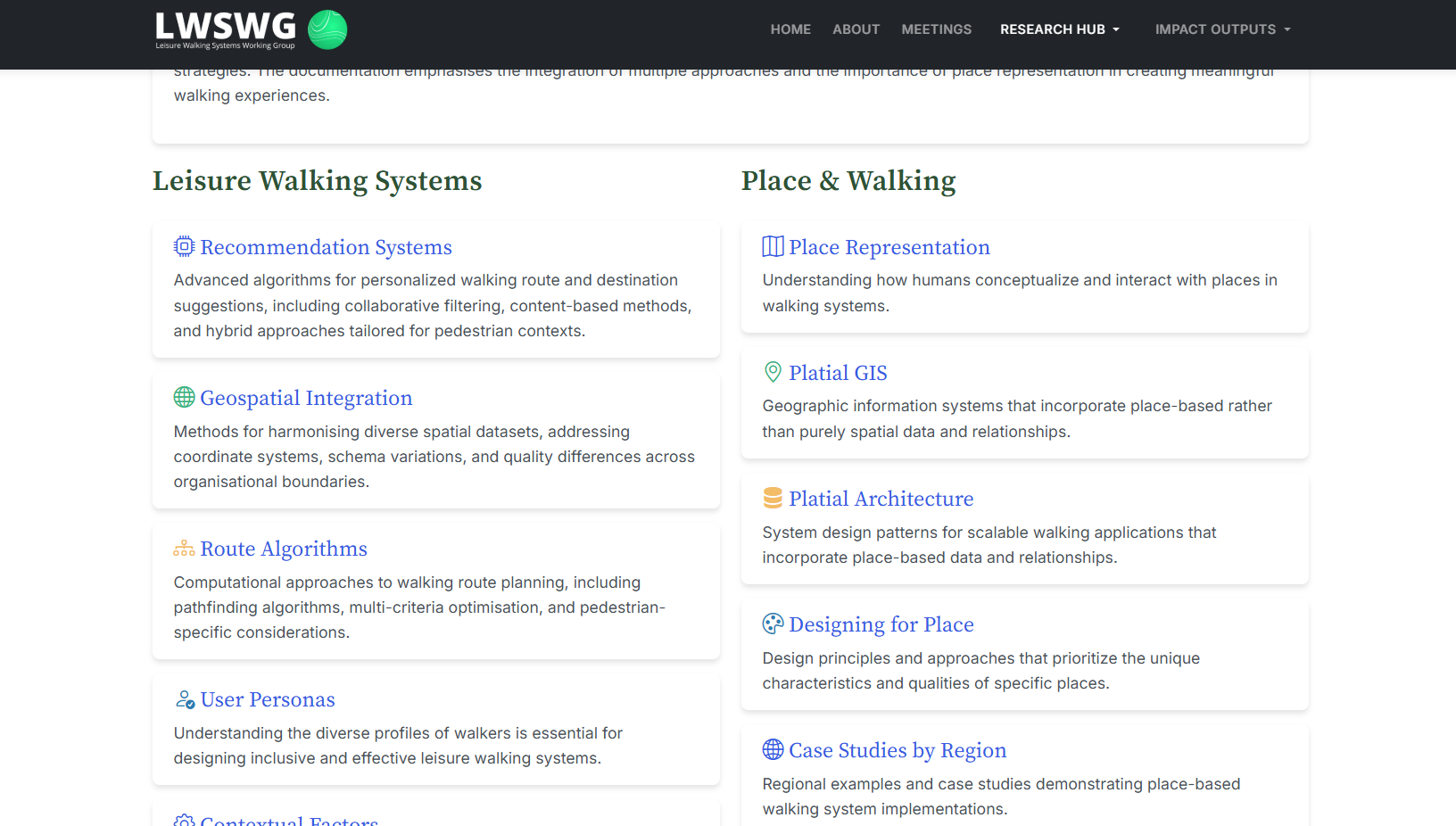
The sustainability of this community will depend on continued engagement and the ability to evolve with changing needs and technologies. The project has created a strong foundation, but ongoing investment and community management will be necessary to maintain momentum.
Technical and Methodological Contributions
Documentation Methodology
The project has developed a comprehensive methodology for creating technical documentation that serves multiple audiences. This methodology includes structured approaches to content organisation, cross-referencing, and accessibility considerations that could be valuable for other similar projects.
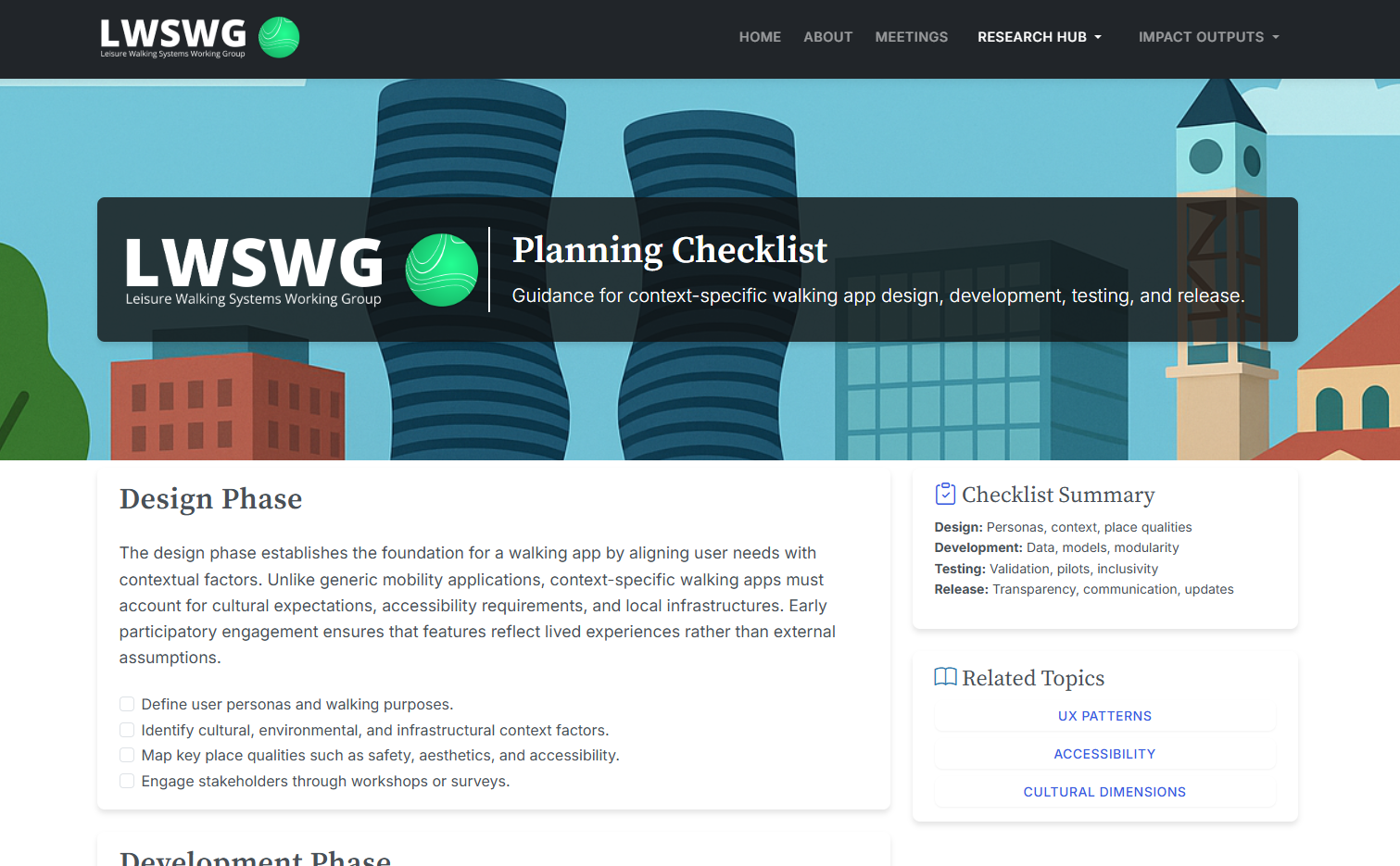
The documentation methodology emphasises clarity, accessibility, and practical applicability whilst maintaining academic rigour. This balance represents a significant contribution to how technical knowledge can be effectively communicated and disseminated.
Evaluation Framework Development
The development of evaluation frameworks for walking systems represents a significant methodological contribution. These frameworks provide structured approaches to assessing the effectiveness of different system components and their integration, which has been lacking in the field.
These evaluation frameworks could be valuable for both academic researchers conducting systematic evaluations and industry practitioners seeking to assess their system implementations. The frameworks provide a foundation for more rigorous and comparable evaluations across different contexts and implementations.
Integration Architecture
The project’s approach to integrating multiple research areas into a coherent framework represents a significant architectural contribution. The development of clear relationships and dependencies between different components provides a foundation for more systematic development of walking systems.
This integration architecture could serve as a template for other interdisciplinary projects and provides a foundation for more systematic approaches to complex system development.
Personal and Professional Development
Project Management and Leadership
Leading a project of this scope and complexity has provided valuable experience in project management, stakeholder engagement, and interdisciplinary collaboration. The project required coordinating multiple workstreams, managing diverse stakeholder expectations, and ensuring delivery within tight timelines.
This experience has developed skills in strategic planning, resource allocation, and team coordination that will be valuable for future projects. The project has also provided insights into the challenges and opportunities of academic-industry collaboration.
Technical Communication and Knowledge Translation
The project has required extensive work in technical communication and knowledge translation, developing skills in making complex technical concepts accessible to diverse audiences. This work has involved creating multiple levels of detail and explanation, developing clear visual representations, and ensuring accessibility across different user groups.
These communication skills are increasingly important in academic and industry contexts where effective knowledge transfer is critical to impact and success.
Community Engagement and Building
The project has provided valuable experience in community engagement and building, including stakeholder identification, relationship management, and platform development. This experience has developed skills in understanding diverse community needs and creating platforms that serve multiple constituencies effectively.
These community engagement skills are valuable for future projects that require building and maintaining diverse stakeholder relationships.
Conclusion
The Leisure Walking Systems Working Group impact project has successfully delivered comprehensive resources that advance both academic understanding and practical application of place-based walking systems. The project’s achievements in knowledge integration, industry-ready resource development, and community building represent significant contributions to the field.
The challenges encountered, particularly around timeline constraints and balancing academic rigour with practical application, provide valuable lessons for future similar projects. The project’s approach to academic-industry collaboration and knowledge dissemination creates a model that could be valuable for other domains.
The broader implications of this work extend beyond the immediate outputs to include contributions to academic-industry collaboration models, knowledge management approaches, and community building strategies. These contributions position the project as a significant milestone in the development of more effective approaches to research impact and knowledge transfer.
The personal and professional development aspects of the project have been substantial, providing valuable experience in project management, technical communication, and community engagement. These skills and experiences will be valuable for future projects and career development.
Looking forward, the project has created a strong foundation for continued development and collaboration in the leisure walking systems domain. The digital platform, comprehensive documentation, and community framework provide resources that can continue to evolve and support the field’s development.
The success of this project demonstrates the value of strategic impact investments that bridge academic research with practical application. The combination of comprehensive knowledge integration, industry-ready resources, and sustainable platform development creates a model that could be valuable for other interdisciplinary domains seeking to maximise their research impact.
Ultimately, the LWSWG impact project represents a successful example of how academic research can be translated into practical value whilst maintaining scientific rigour and creating sustainable platforms for ongoing development. The project’s achievements provide a strong foundation for continued work in this important and growing field. The comprehensive resources developed through this project, including detailed implementation guides, evaluation frameworks, and demonstrator systems, are available at lwswg.jwilliams.science for researchers, practitioners, and organisations seeking to advance leisure walking systems through improved place representation.
Originally published on James Williams’s website: https://blog.jwilliams.science/leisure-walking-systems/
